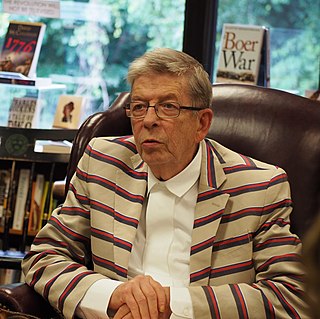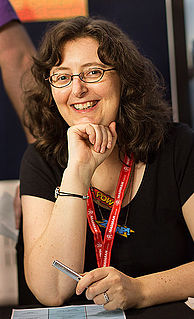A Quote by Kwame Dawes
Related Quotes
Memory is like fiction; or else it's fiction that's like memory. This really came home to me once I started writing fiction, that memory seemd a kind of fiction, or vice versa. Either way, no matter how hard you try to put everything neatly into shape, the context wanders this way and that, until finally the context isn't even there anymore... Warm with life, hopeless unstable.
As you may know, my motto is: "All memory is fiction." It could just as easily be: "All fiction is memory." Unpacked, these two statements defy the ease of logic, but offer some really important truths about narrative art, at the very least, and about memory. So I would say that all art is personal.
to look back on one's life is to experience the capriciousness of memory. ... the past is not static. It can be relived only in memory, and memory is a device for forgetting as well as remembering. It, too, is not immutable. It rediscovers, reinvents, reorganizes. Like a passage of prose it can be revised and repunctuated. To that extent, every autobiography is a work of fiction and every work of fiction an autobiography.
Inspiration comes from so many sources. Music, other fiction, the non-fiction I read, TV shows, films, news reports, people I know, stories I hear, misheard words or lyrics, dreams... Motivation? The memory of the rush I get from a really good writing session - even on a bad day, I know I'll find that again if I keep going.
There's basically an element of fiction in everything you remember. Imagination and memory are almost the same brain processes. When I write fiction, I know that I'm using a bunch of lies that I've made up to create some form of truth. When I write a memoir, I'm using true elements to create something that will always be somehow fictionalized.





































